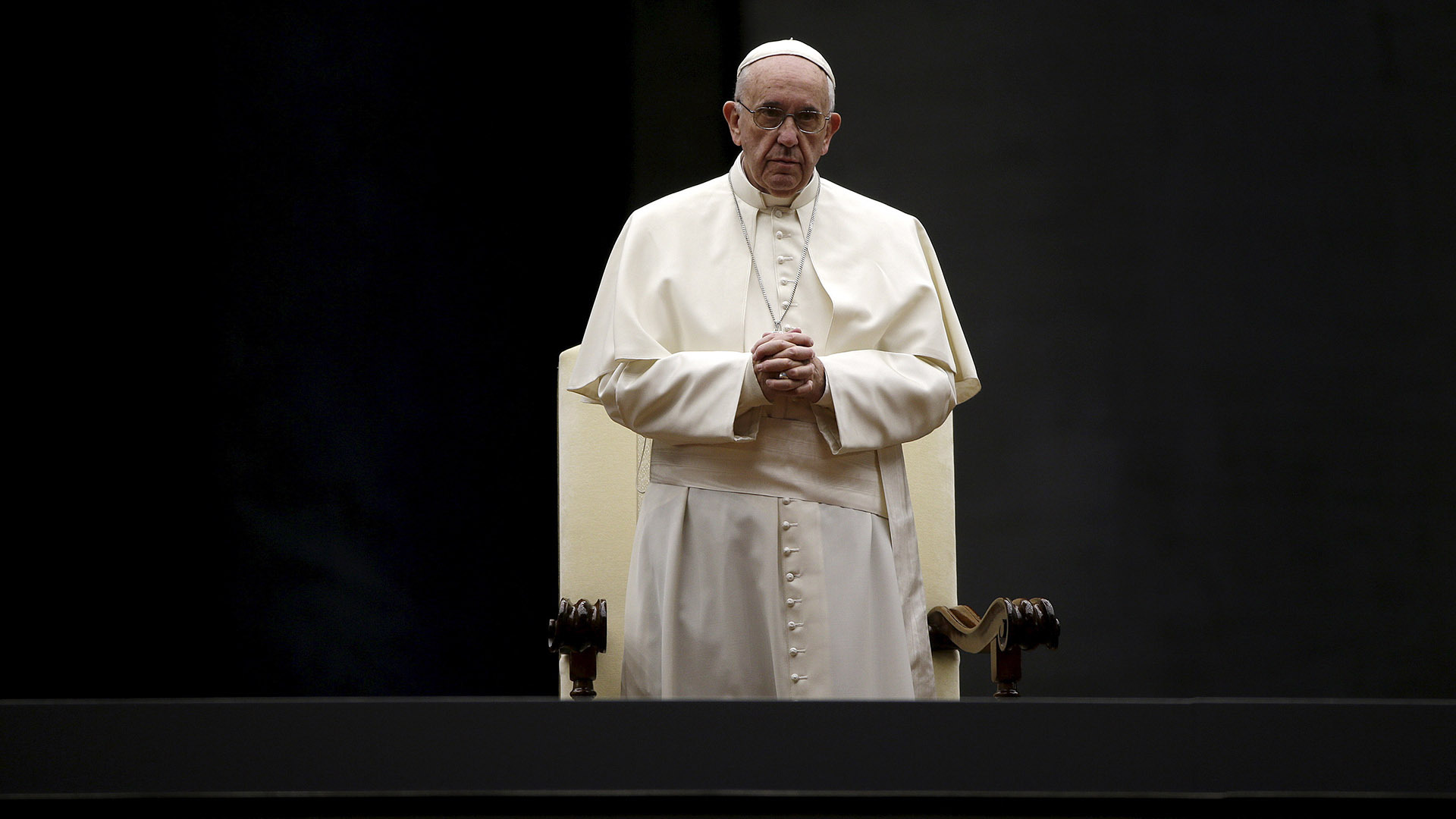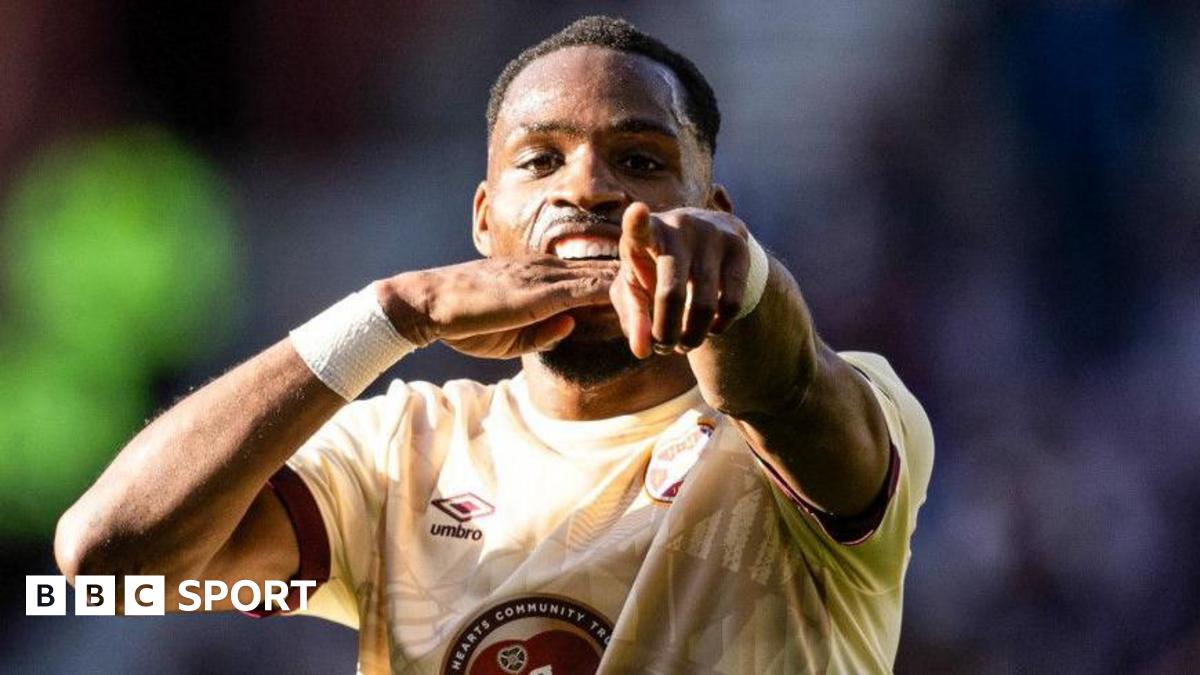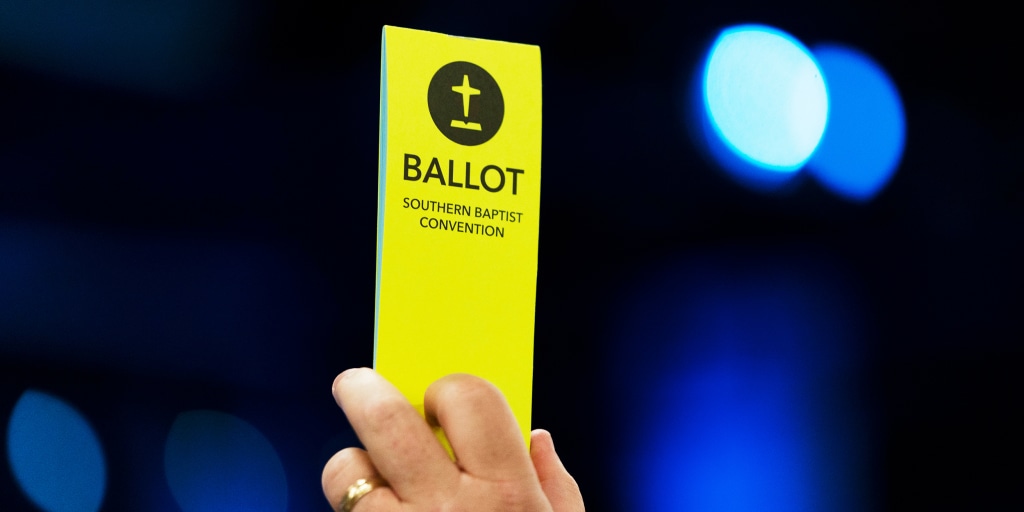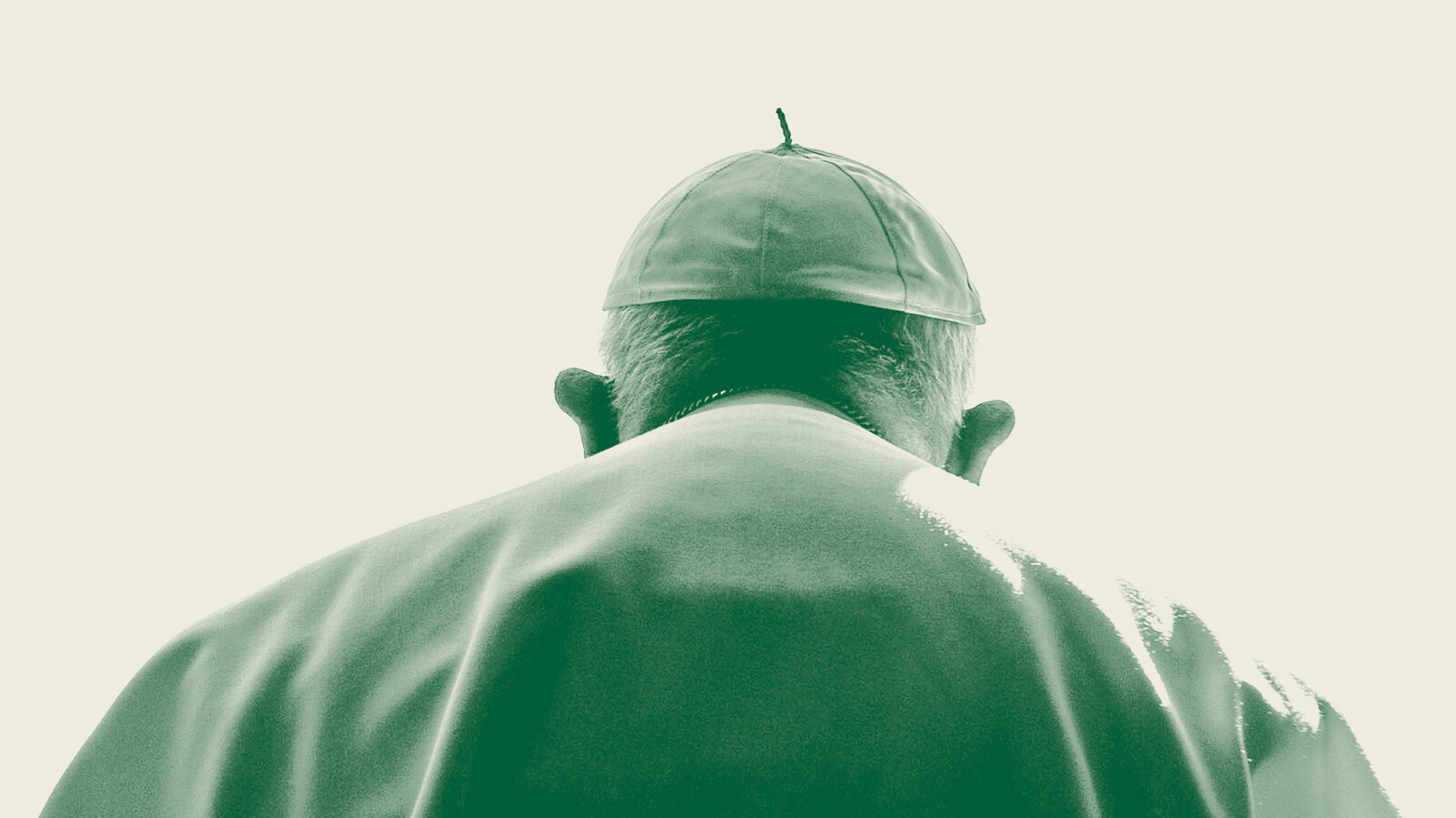Vatican Divide: Conservative Catholics Wrestle with Francis' Legacy
Religion
2025-04-24 20:56:46Content

In the wake of Pope Francis's passing, a wave of global admiration has swept across the Catholic world. Yet, beneath the surface of universal mourning, a nuanced narrative emerges among conservative Catholic circles in the United States. While many celebrate his legacy, some traditionalist voices have quietly expressed reservations about the pontiff's distinctive approach to leadership and theological interpretation.
The late pope's progressive stance and pastoral style, which often challenged long-standing ecclesiastical norms, created a complex tapestry of reactions within the American Catholic community. Conservative members, in particular, found themselves wrestling with a pontiff who seemed to reimagine the Church's engagement with contemporary social issues, sometimes diverging from more traditional interpretations.
Francis's papacy was characterized by a remarkable blend of compassion, humility, and a willingness to address uncomfortable topics, which simultaneously endeared him to many and provoked thoughtful critique from others. His legacy represents a profound moment of reflection for Catholic faithful, highlighting the dynamic and evolving nature of religious leadership in the 21st century.
The Papal Paradox: Conservative Catholics Wrestle with Pope Francis's Legacy
In the intricate landscape of religious leadership, Pope Francis has emerged as a transformative figure whose impact extends far beyond the Vatican walls. His papacy has challenged traditional narratives, sparking intense dialogue and reflection among Catholic faithful worldwide, particularly among conservative circles in the United States.A Provocative Journey of Spiritual Transformation and Institutional Reimagining
Theological Tensions and Ideological Divergence
The conservative Catholic community in the United States has long grappled with Pope Francis's nuanced approach to ecclesiastical governance. Unlike his predecessors, Francis has consistently pushed boundaries, challenging entrenched theological interpretations and institutional practices. His progressive stance on social issues has created significant ideological friction, particularly among more traditionalist segments of the American Catholic landscape. Conservative theologians and church leaders have expressed profound reservations about Francis's interpretative approach to Catholic doctrine. His emphasis on mercy, inclusivity, and pastoral sensitivity has been perceived by some as a potential dilution of fundamental Catholic teachings. This tension reflects a deeper philosophical divide within the Church, where interpretative flexibility confronts rigid doctrinal orthodoxy.Navigating Institutional Complexity and Global Perspectives
Pope Francis's global perspective has fundamentally challenged the insular tendencies of traditional Catholic institutional thinking. By prioritizing dialogue with diverse global communities, he has repositioned the Church as a dynamic, responsive entity rather than a static, monolithic institution. This approach has particularly unsettled conservative American Catholics who traditionally viewed ecclesiastical leadership through a more hierarchical and prescriptive lens. His engagement with contemporary social issues—climate change, economic inequality, migration—has transcended conventional religious discourse. Francis has consistently argued that spiritual leadership must address systemic global challenges, a perspective that diverges significantly from more conservative interpretations of religious responsibility.Reimagining Pastoral Leadership in a Changing World
The Pope's leadership style represents a radical departure from historical ecclesiastical norms. By emphasizing personal humility, accessibility, and genuine pastoral care, Francis has challenged the traditional image of papal authority. Conservative Catholics have found this approach simultaneously compelling and disconcerting, recognizing its potential for spiritual renewal while feeling uncertain about its long-term implications for institutional stability. His commitment to transparency, particularly in addressing historical institutional failures, has been both praised and criticized. For conservative factions, this approach represents a delicate balance between acknowledging historical shortcomings and maintaining the Church's fundamental credibility and moral authority.Theological Innovation and Doctrinal Interpretation
Francis's theological approach has been characterized by a remarkable blend of compassion and intellectual rigor. He has consistently advocated for a more nuanced understanding of Catholic doctrine, emphasizing contextual interpretation over rigid literalism. This perspective has generated significant debate within conservative Catholic circles, who often prioritize doctrinal consistency and traditional hermeneutical approaches. His writings and public statements have repeatedly challenged Catholics to view theological principles through a lens of contemporary human experience, suggesting that spiritual understanding must evolve alongside societal transformations. This dynamic approach has been both his greatest strength and the source of most significant institutional tension.The Future of Catholic Identity
As the Catholic Church navigates complex global challenges, Pope Francis's legacy represents a pivotal moment of potential transformation. His papacy has exposed deep philosophical fractures within the institutional Church, particularly among conservative American Catholics who view institutional change with inherent skepticism. The ongoing dialogue surrounding his leadership underscores the complex interplay between tradition and progressive adaptation, revealing the profound challenges of maintaining institutional relevance in a rapidly changing global context.RELATED NEWS
Religion

Breaking: Pope Francis - A Transformative Pontiff Who Reshaped Modern Catholicism
2025-04-21 08:26:13
Religion

Unmasking the Silent Coup: How a Radical Movement is Reshaping America's Democratic Foundations
2025-03-13 21:12:43






